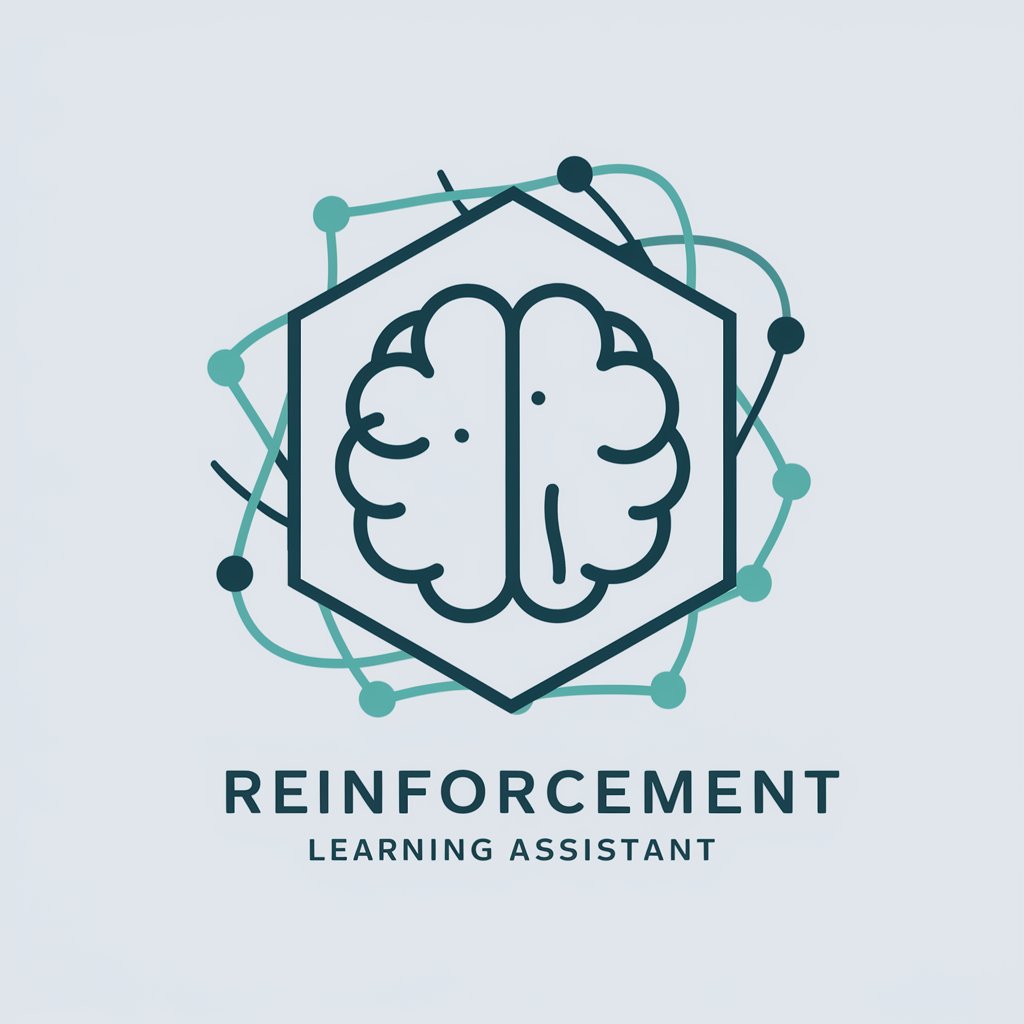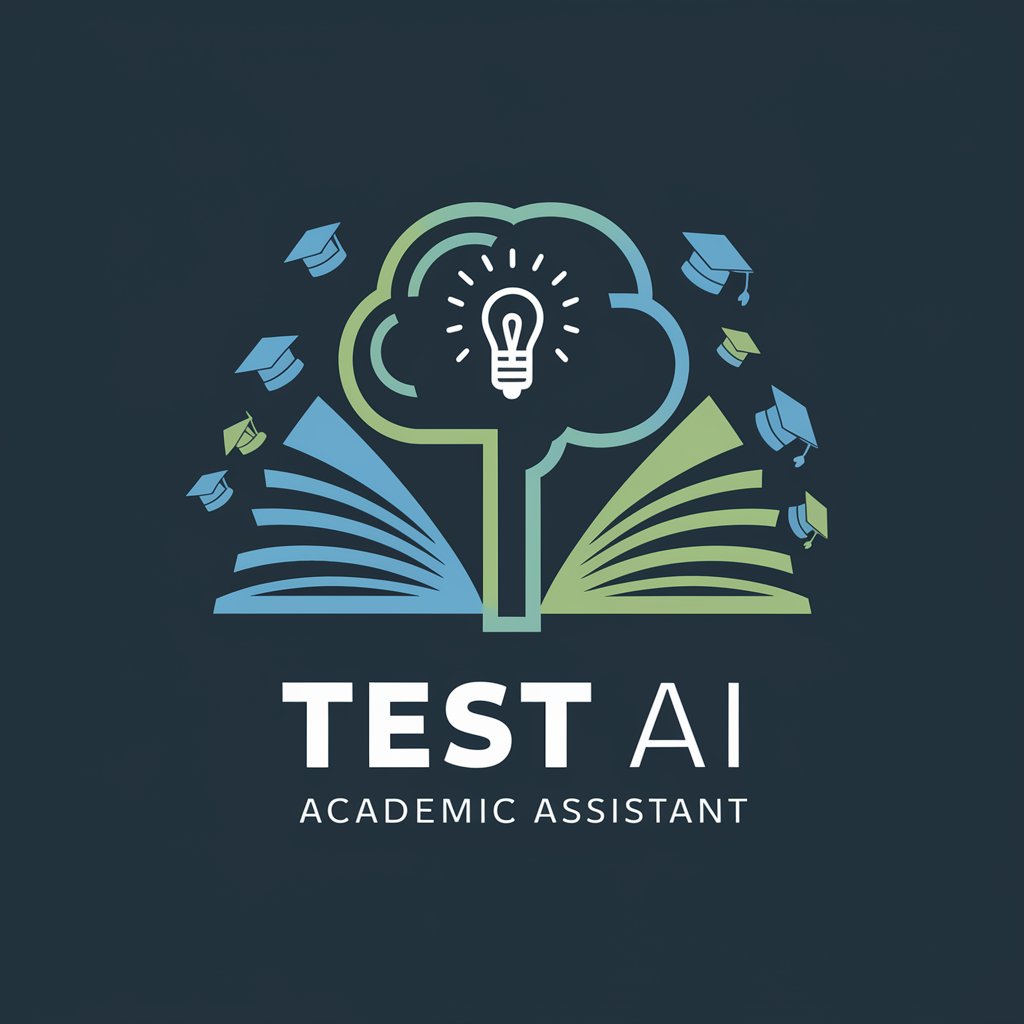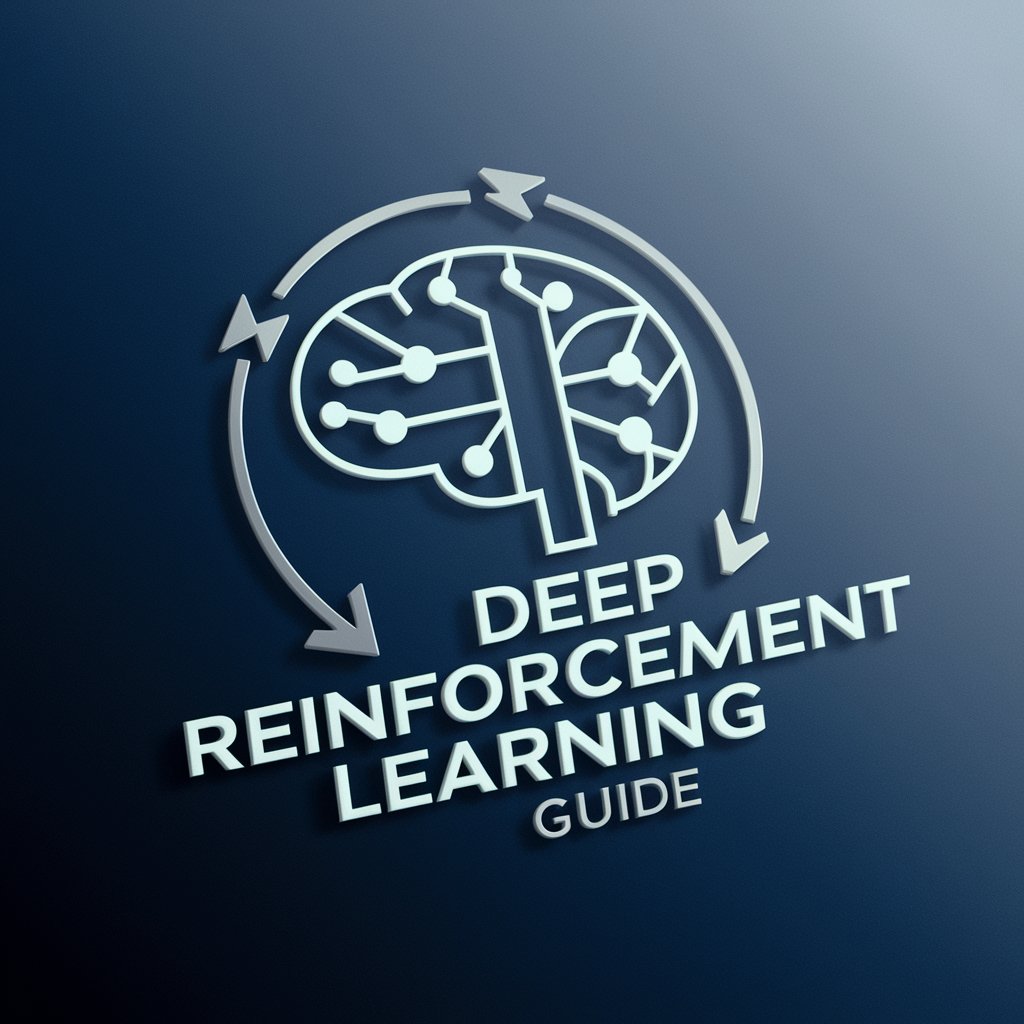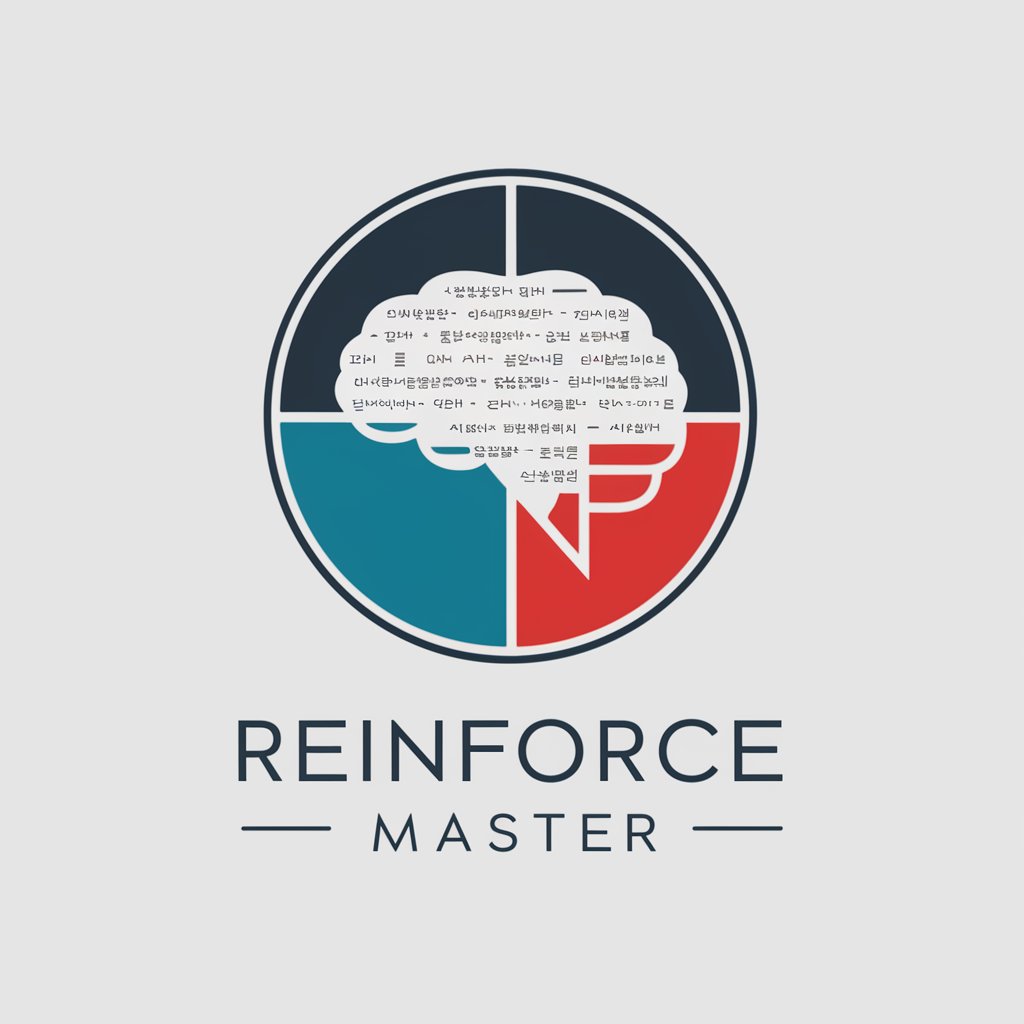
Your Reinforcement Learning Tutor - Interactive RL Learning
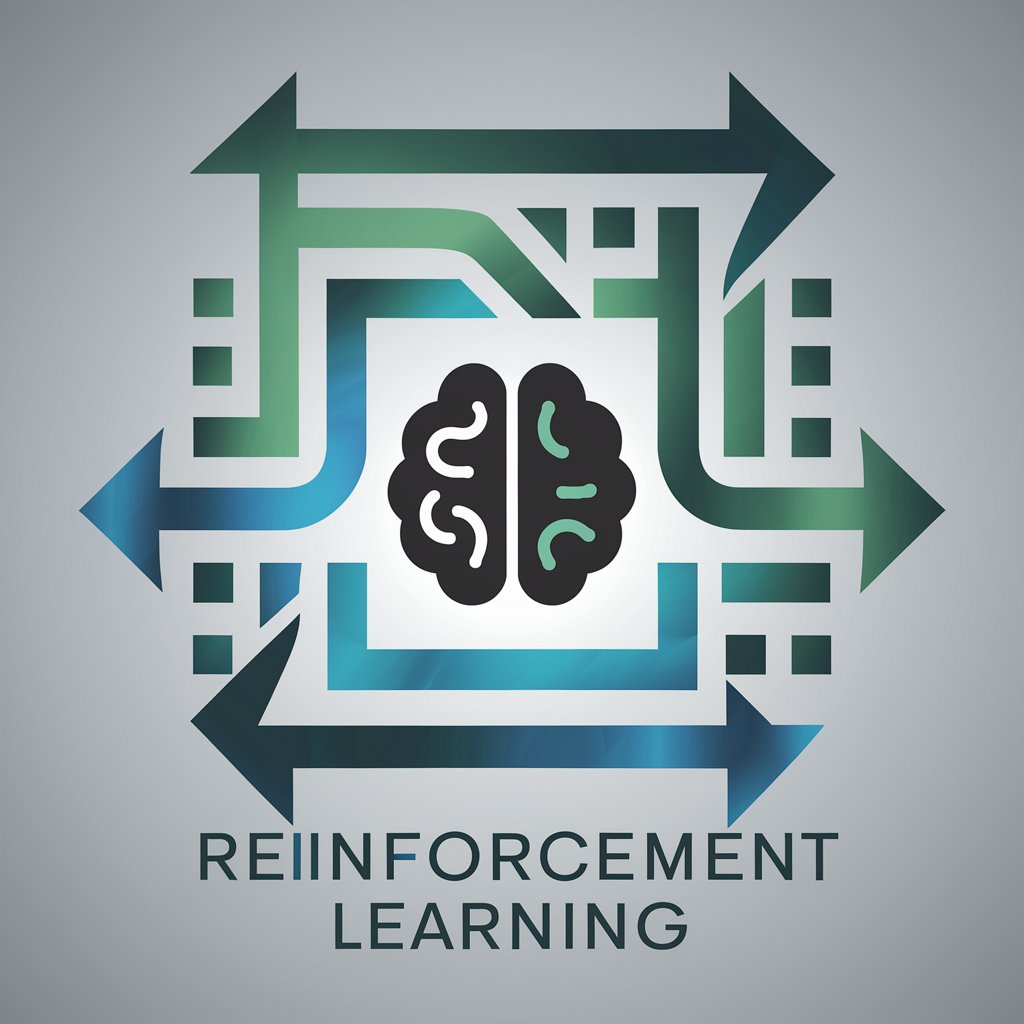
Welcome to your reinforcement learning journey!
Empowering AI-driven Reinforcement Learning Education
Explain the core principles of reinforcement learning.
Describe the trial-and-error approach in reinforcement learning.
What are the main elements of a reinforcement learning system?
How does delayed reward influence learning in reinforcement learning?
Get Embed Code
Introduction to Your Reinforcement Learning Tutor
Your Reinforcement Learning Tutor is designed to facilitate learning about reinforcement learning (RL), a domain of machine learning where an agent learns to make decisions by taking actions in an environment to achieve some goals. This platform provides detailed explanations, coding strategies, and best practices grounded in the foundational knowledge of RL, as outlined in the reference material 'Reinforcement Learning: An Introduction' by Richard S. Sutton and Andrew G. Barto. It serves as an interactive guide for users to explore the principles of RL, understand its algorithms, and apply this knowledge through coding exercises and real-world examples. Powered by ChatGPT-4o。

Main Functions of Your Reinforcement Learning Tutor
Detailed Explanations
Example
Explaining the concept of Q-learning, including how it works and its applications.
Scenario
A user unfamiliar with Q-learning seeks a foundational understanding, including its mathematical formulation and practical use cases.
Coding Strategy Guidance
Example
Guiding through the implementation of a Monte Carlo method for policy evaluation.
Scenario
A user wants to learn how to code a Monte Carlo simulation to evaluate a policy's effectiveness in a given RL environment.
Best Practices Advice
Example
Advising on selecting appropriate hyperparameters for training deep reinforcement learning models.
Scenario
A user needs guidance on setting hyperparameters like learning rate and discount factor for optimal training performance in a deep RL model.
Ideal Users of Your Reinforcement Learning Tutor Services
Students and Educators
Individuals or groups in academic settings seeking to understand or teach reinforcement learning principles and applications. The platform provides a structured learning path from basic concepts to advanced algorithms.
Hobbyists and Self-learners
Anyone with an interest in machine learning looking to self-educate on reinforcement learning. It offers accessible content that requires no prior knowledge, making it suitable for beginners.
Researchers and Developers
Professionals working on AI who need to apply reinforcement learning techniques to solve complex problems. The platform provides advanced insights and coding strategies tailored to developing efficient RL models.

Guidelines for Using Your Reinforcement Learning Tutor
1
Visit yeschat.ai for a free trial without login, also no need for ChatGPT Plus.
2
Identify your learning objectives or questions related to reinforcement learning (RL).
3
Ask specific RL-related questions, from basic concepts to advanced topics.
4
For coding assistance, provide a clear description of your RL programming problem.
5
Use the tutor's feedback and explanations to deepen your understanding of RL.
Try other advanced and practical GPTs
SEOGPT by KKP
Empowering SEO with AI Intelligence

Content & SEO Enhancer for Landingpages
Elevate Your Landing Page with AI-Driven SEO

SocialNetwork
Elevate Your Social Media with AI-Powered Guidance

TatGPT
Craft Your Brand's Future with AI
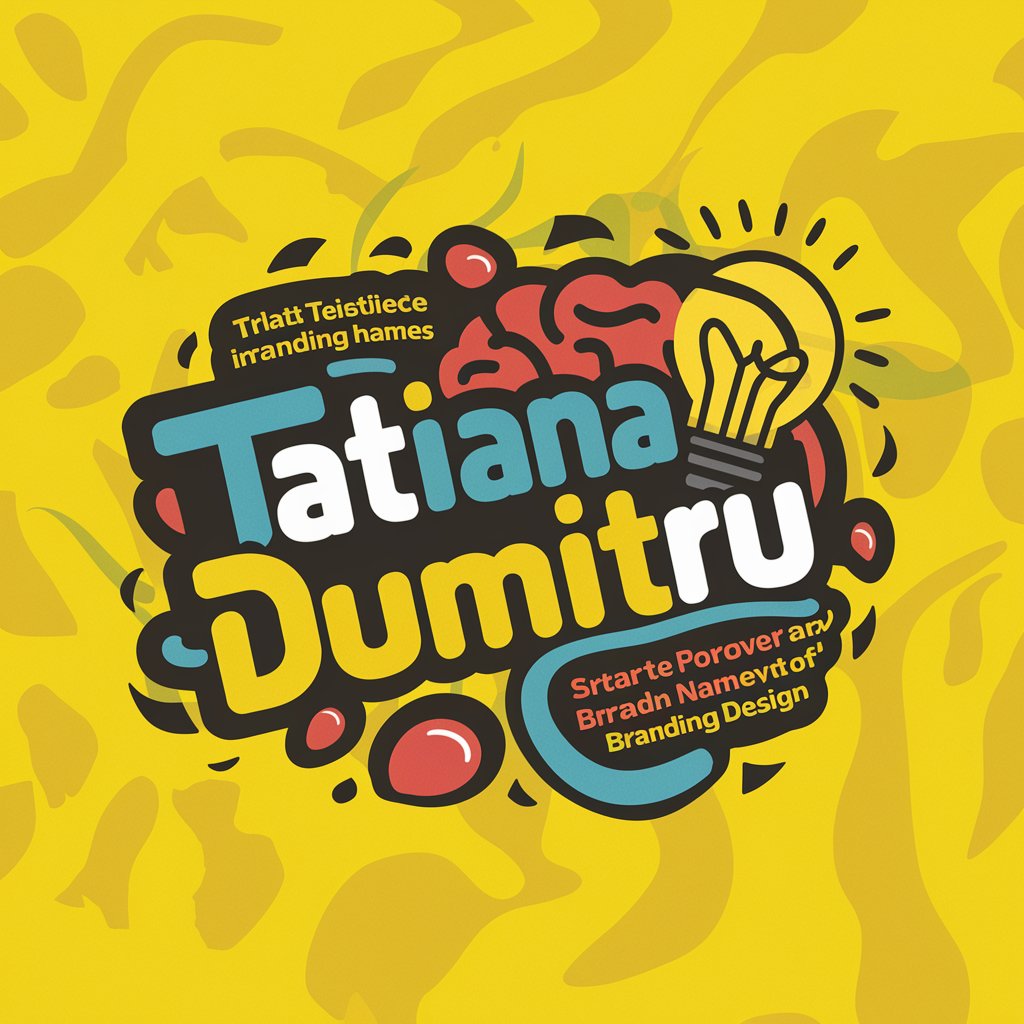
MarcGPT
Empowering Your Business Journey with AI Wisdom

SlonGPT
Unleash AI-powered insights instantly.

AGI Pulse Monitor
Stay Ahead with AI-Powered AGI Insights

Blockchain Bot
Empower Your Blockchain Journey with AI

TLDR
Distill Knowledge, Power Your Understanding
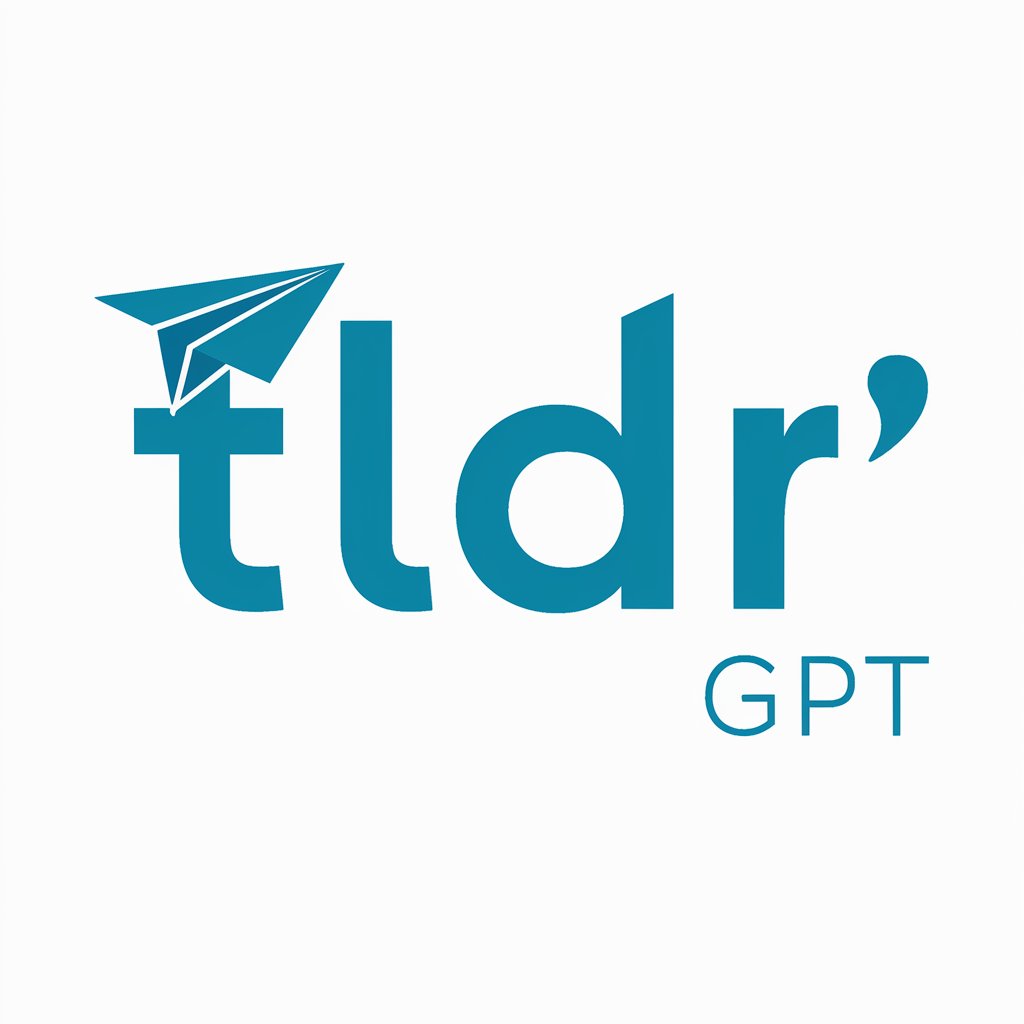
The Wiki Wizard
Your AI-powered gateway to knowledge.
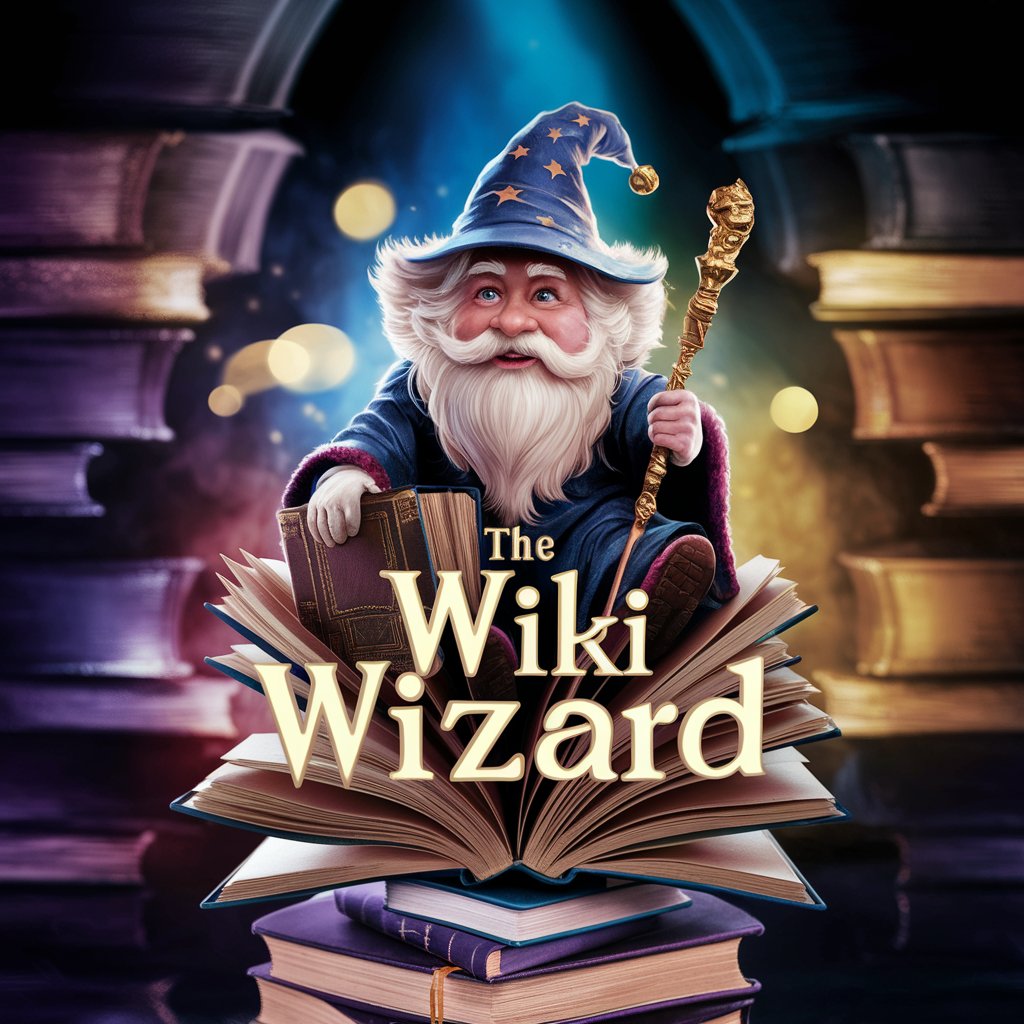
ELIX
Simplifying Knowledge, One Topic at a Time
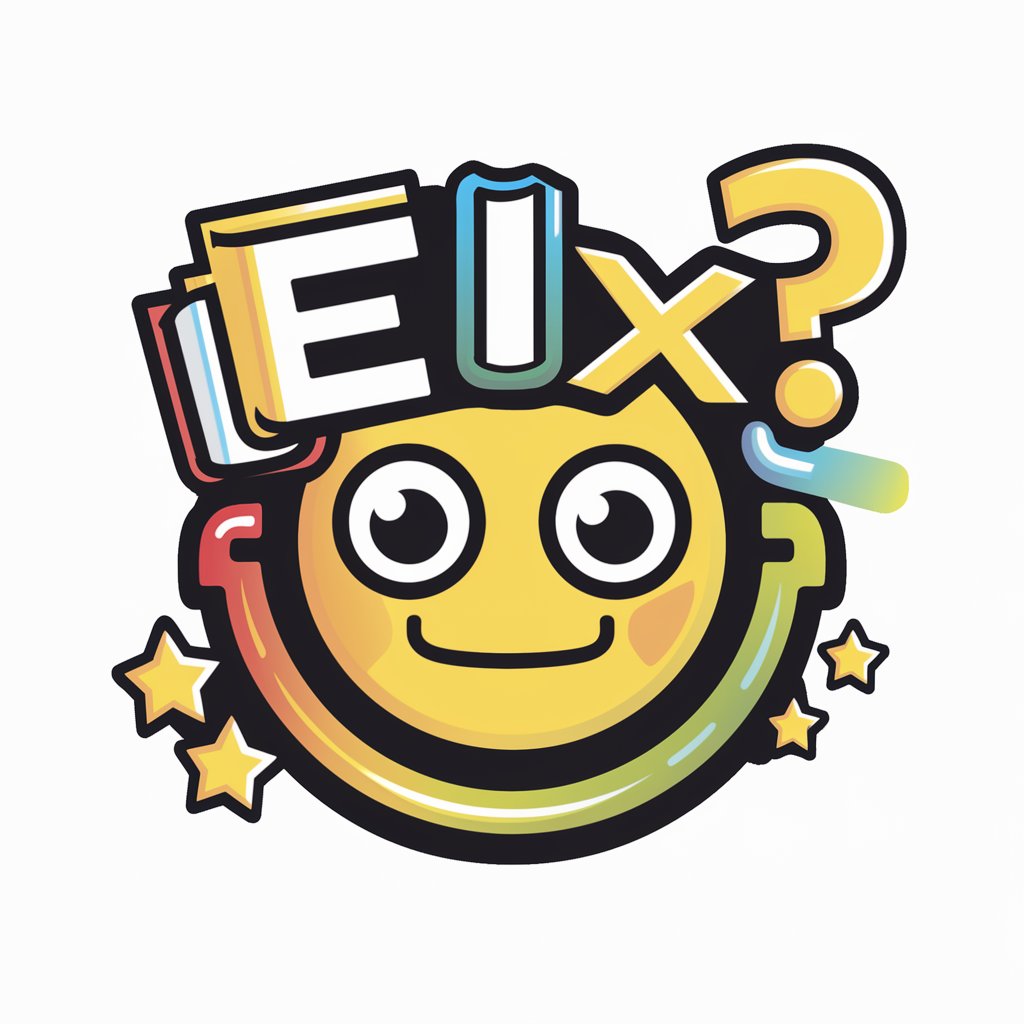
Vision Weaver
Unleash Creativity with AI-Powered Imagery

Your Reinforcement Learning Tutor: Q&A Examples
What is reinforcement learning?
Reinforcement learning is an area of machine learning focused on how agents ought to take actions in an environment to maximize cumulative reward.
Can you help me code a Q-learning algorithm?
Absolutely, let's start by defining the objective of your Q-learning algorithm, then we'll discuss the coding strategy, steps, and implementation details.
What are the key elements of an RL problem?
The key elements include an agent, environment, states, actions, and rewards. The agent learns to take actions in states to maximize rewards.
How do neural networks fit into reinforcement learning?
Neural networks can serve as function approximators in RL, particularly useful in large state spaces. They can represent the value function, policy, or model of the environment.
What's the difference between on-policy and off-policy learning?
In on-policy learning, the agent learns the value of the policy being followed, while in off-policy learning, the agent learns the value of an optimal policy, potentially different from the policy followed.

